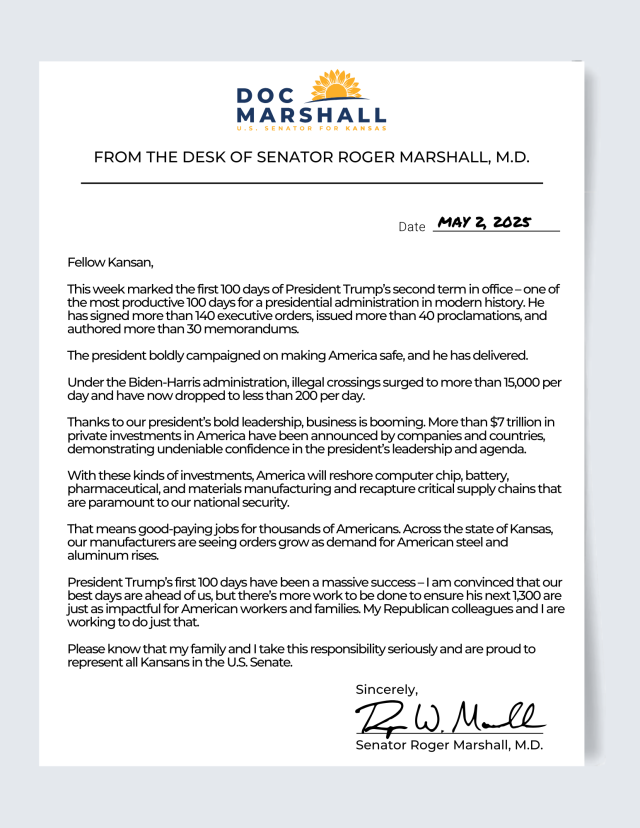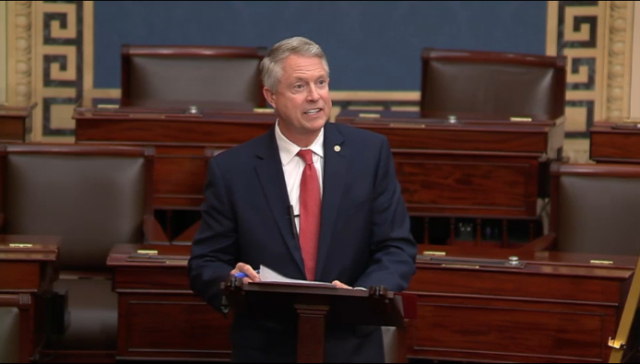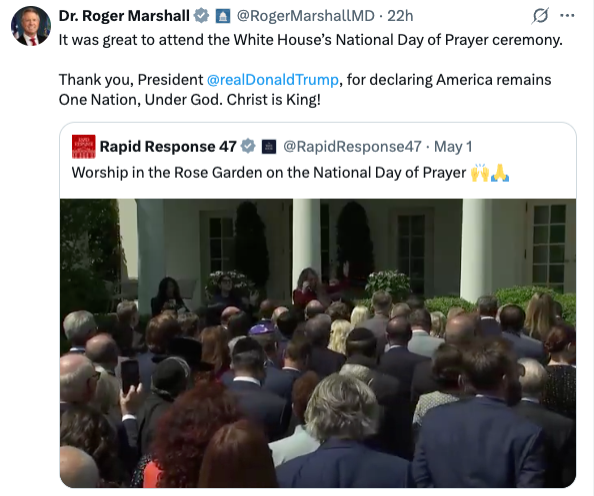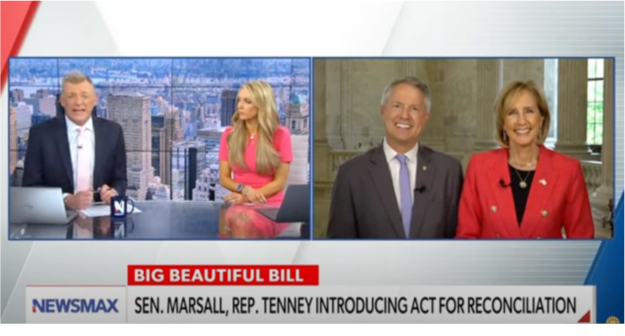Friday, May 2, 2025
Fwd: A Doctor's Note - Senator Marshall's Weekly Newsletter
From: Senator Roger Marshall <donotreply@marshall.senate.gov>
Date: Fri, May 2, 2025 at 5:15 PM
Subject: A Doctor's Note - Senator Marshall's Weekly Newsletter
To: <mcre13@gmail.com>
|
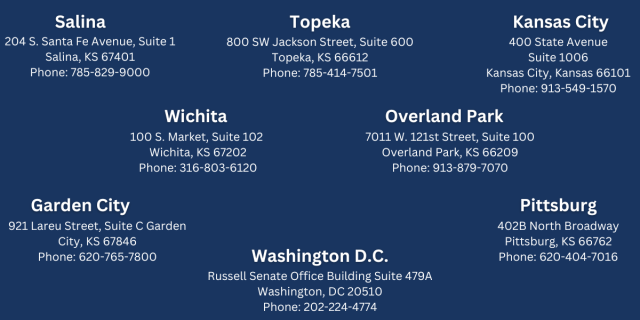


grok3
The Kansas Open Records Act (KORA) allows public agencies, including cities, to charge reasonable fees for fulfilling records requests, not exceeding the actual costs incurred (K.S.A. 45-218, 45-219). Fees typically cover copying, staff time, and additional expenses like mailing or computer searches. However, specific fee structures vary by city, as KORA grants agencies discretion to set rates based on their operational costs. Below is an overview of KORA fee structures for some Kansas cities, based on available information and general trends. Note that not all cities publish detailed fee schedules, and some may align with state agency standards (e.g., $0.25 per page for copies).
- Copying: Most cities charge $0.25 per page for standard black-and-white copies, though rates may increase for color copies, oversized documents, or electronic formats. Some cities may waive fees for small requests (e.g., <100 pages) for residents, per Executive Order 18-05.
- Staff Time: Fees for staff time are common when requests exceed one hour, typically charged at the hourly rate of the employee(s) involved. Rates vary widely, from $18/hour for clerical staff to $50/hour or more for supervisory or legal staff.
- Other Expenses: Mailing, faxing, or computer search supervision may incur additional charges, often at actual cost (e.g., $0.50 for the first 5 pages mailed, $0.25 per additional 5-page increment).
- Fee Waivers: Small requests (<1 hour of staff time or <100 pages) may be free for Kansas residents, though this is not mandatory and depends on city policy.
- Advance Payment: Many cities require estimated fees to be paid before processing, with refunds issued if actual costs are lower.
- Topeka:
- Fees: Topeka generally follows state guidelines, with copying fees around $0.25 per page and staff time charged at actual labor rates. Specific rates are not publicly detailed but align with concerns raised by the city during 2025 legislative debates, indicating costs for large requests can be significant.
- Context: Topeka, alongside other cities like Overland Park and Shawnee, opposed a 2025 House Bill (HB 2134) that proposed capping copy fees at $0.25/page and banning charges for electronic documents, arguing it wouldn’t cover costs for complex requests. This suggests Topeka’s fees may exceed $0.25/page for certain formats or include substantial staff time charges.
- Overland Park:
- Fees: Likely charges $0.25 per page for copies, with staff time fees based on employee pay rates. Exact rates are not specified, but Overland Park’s opposition to HB 2134 indicates reliance on flexible fee structures to recover costs for voluminous or complex requests.
- Note: As a large city, Overland Park may have higher staff time rates due to professional staff involvement in records retrieval or redaction.
- Kansas City, Kansas (Unified Government of Wyandotte County):
- Fees: The Unified Government likely charges $0.25 per page for copies and staff time at actual cost, similar to state agencies. Specific fee schedules are not publicly detailed, but their opposition to HB 2134 suggests fees are structured to cover significant staff effort for large requests.
- Context: The Unified Government handles a high volume of records, which may lead to higher fees for complex searches or legal reviews.
- Wichita:
- Fees: Wichita’s fee structure is not explicitly detailed in available sources, but as a major city, it likely follows the $0.25/page standard for copies. Staff time fees would depend on the complexity of the request, potentially ranging from $18–$50/hour based on staff level (clerical to legal).
- Note: Wichita’s size suggests it may charge for computer searches or electronic record processing, especially for digital archives.
- Smaller Cities (e.g., Shawnee, Maize):
- Fees: Smaller cities like Shawnee and Maize likely charge $0.25 per page for copies and modest staff time rates (e.g., $18–$35/hour) due to fewer resources. These cities also opposed HB 2134, indicating that even smaller municipalities rely on fees to offset costs.
- Waivers: Smaller cities may be more likely to waive fees for minimal requests to avoid administrative burden, but this is not guaranteed.
- 2025 Legislative Effort: House Bill 2134, passed in February 2025, aimed to restrain KORA fees by encouraging agencies to make “good-faith efforts” to control costs. The original proposal capped copy fees at $0.25/page and banned charges for electronic documents but was revised due to opposition from cities like Topeka, Overland Park, Shawnee, Maize, and Kansas City. Critics argued that large requests require significant staff time and resources, justifying higher fees. The final bill avoids strict caps, preserving city discretion.
- Fee Disputes: If a requester believes fees are unreasonable, they can appeal to the Kansas Secretary of Administration (for state agencies) or file a complaint with the Kansas Attorney General or local county/district attorney. Agencies must provide evidence that fees reflect actual costs.
- Lack of Uniformity: KORA does not mandate a statewide fee schedule, so each city sets its own rates. Smaller cities may not publish fee details, requiring direct contact with records custodians.
- Variability: Fees depend on request complexity, record format (paper vs. digital), and staff involved. For example, legal reviews for sensitive records (e.g., criminal investigations) can increase costs significantly.
- Exemptions and Redactions: Cities may charge for time spent redacting exempt information (e.g., private data under K.S.A. 45-221), which varies by request.
- Contact the City Directly: Reach out to the city’s Freedom of Information Officer or records custodian for a precise fee estimate. Provide a detailed request to expedite processing.
- Request Fee Estimates: Agencies must provide fee estimates before processing, allowing you to assess affordability.
- Leverage Waivers: If you’re a Kansas resident, ask about fee waivers for small requests (<1 hour or <100 pages).
- Check Online Databases: Some cities offer public records online (e.g., meeting minutes, budgets), reducing the need for formal requests.

